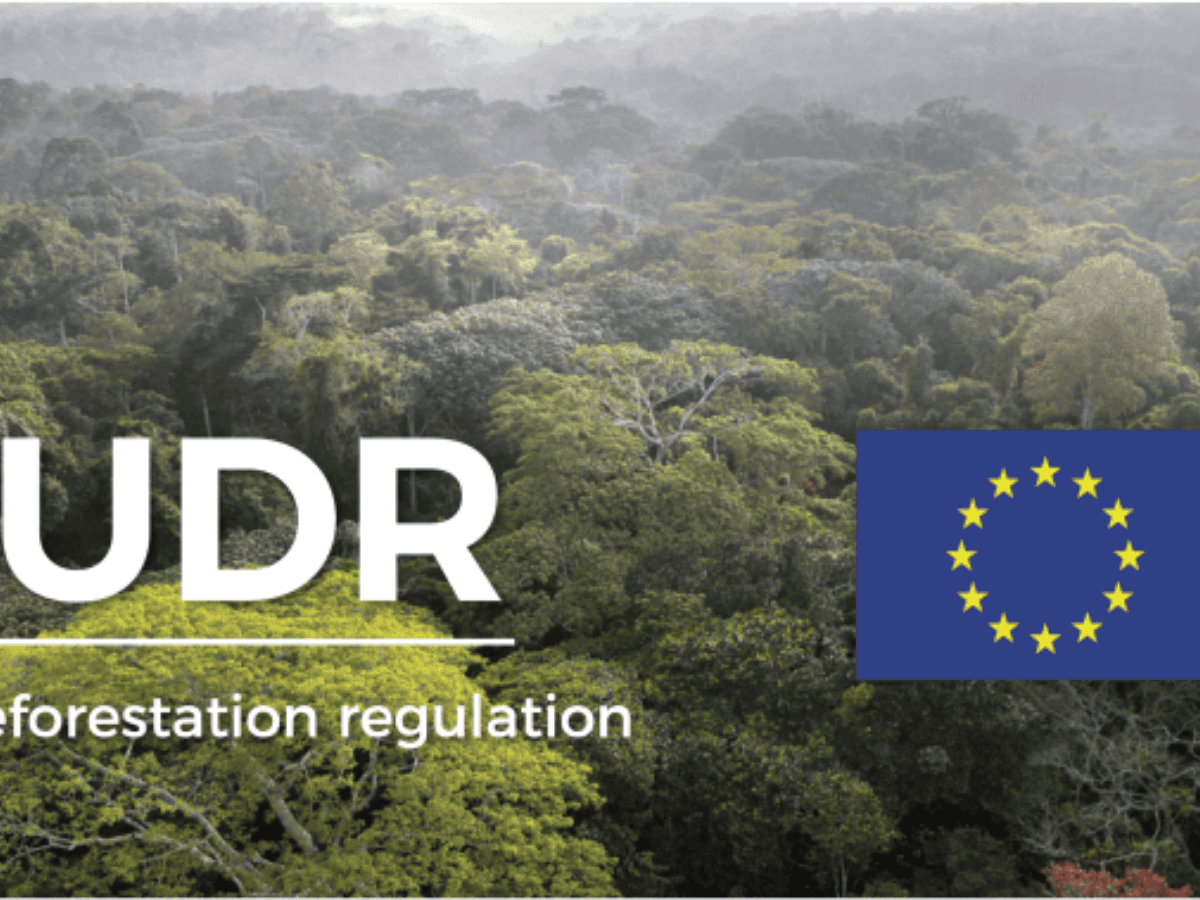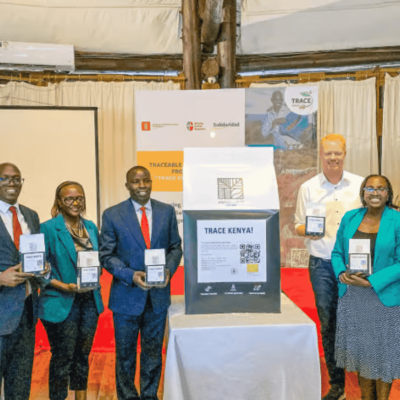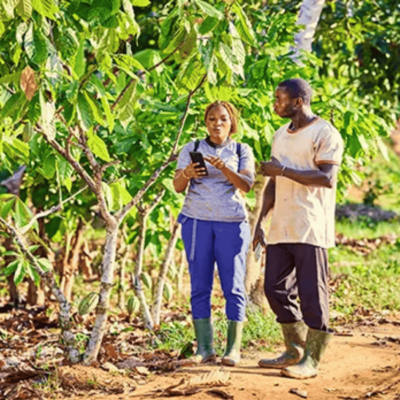EUROPE – The European Council and the European Parliament have reached a provisional agreement to delay the enforcement of the EU Deforestation Regulation (EUDR) by 12 months, moving the application date to 30 December 2025.
This delay comes in response to concerns from member states and stakeholders about the readiness of businesses and third countries to comply with the new rules.
The EUDR, which was initially scheduled to take effect at the end of 2024, mandates that only products free from deforestation are allowed on the EU market or for export.
The postponement aims to provide additional time for large operators to adjust, with micro- and small enterprises given until 30 June 2026 to comply.
This extension is intended to facilitate a smoother implementation process by allowing businesses, farmers, and authorities more time to prepare for the regulation’s due diligence requirements.
“This postponement means businesses, foresters, farmers, and authorities will have an additional year to prepare,” Christine Schneider, the European Parliament’s Rapporteur, emphasized.
“We have ensured that the Commission will complete the online platform and the risk categorisation within six months, ensuring more predictability across the supply chain.”
The decision follows complaints from various EU member states—including Austria, the Czech Republic, Finland, Italy, Poland, Slovakia, Slovenia, and Sweden—about the lack of preparedness for implementing the EUDR.
These countries had voiced concerns over an inadequate benchmarking system and the potential burden of compliance on their industries.
Key provisions and impact
Despite the delay, the core objectives of the regulation remain unchanged.
The EUDR still aims to minimize the EU’s contribution to global deforestation by ensuring that commodities like cattle, wood, cocoa, soy, palm oil, coffee, and rubber, as well as their derived products, are deforestation-free before they are placed on the market or exported from the EU.
Failure to comply could result in significant fines, up to 4% of a company’s turnover.
The proposed inclusion of a fourth category of “zero-risk” countries was set aside for now but will be revisited during a scheduled review in June 2028.
This review will reassess the risk categorization and explore ways to simplify the regulatory framework for countries that have no links to deforestation.
“With the agreement just reached, businesses, farmers, and various international stakeholders now have additional time to implement the EUDR. This agreement provides greater predictability and certainty, which will facilitate smoother compliance across the board,” Commissioner Jessika Roswall commented.
Environmental and policy context
The EUDR, part of the broader European Green Deal, was adopted in December 2022 with overwhelming support from the Parliament.
It seeks to tackle the pressing global challenge of deforestation, which continues at an alarming rate, especially in the tropics.
Between 1990 and 2020, an area larger than the EU—420 million hectares—was lost to deforestation, with the EU responsible for approximately 10% of global deforestation.
This regulation is a crucial step towards curbing such environmental degradation, with palm oil and soy being identified as notable contributors.
Global Witness and other NGOs have criticized the delay, arguing that it could lead to additional deforestation if not addressed soon.
“We are facing a global emergency,” stated Giulia Bondi from Global Witness. “We cannot afford delays to much-needed environmental protection laws like the EU’s anti-deforestation legislation.”
Challenges ahead
The year-long delay, however, may result in additional forest loss—approximately 2,300 square kilometers according to EU studies.
This outcome could equate to more deforestation during the period between the regulation’s original and postponed enforcement dates.
The review in June 2028 is expected to address these concerns, making adjustments to minimize the regulation’s impact on countries with no ties to deforestation.
This agreement represents a critical balance between enforcing strict environmental protections and accommodating the needs of various stakeholders in the EU and beyond, ensuring that the EUDR is both effective and workable.
Formal adoption of the delay is expected by the end of the year, ensuring the revised enforcement timeline is in place ahead of the original December 30, 2024, application date.






